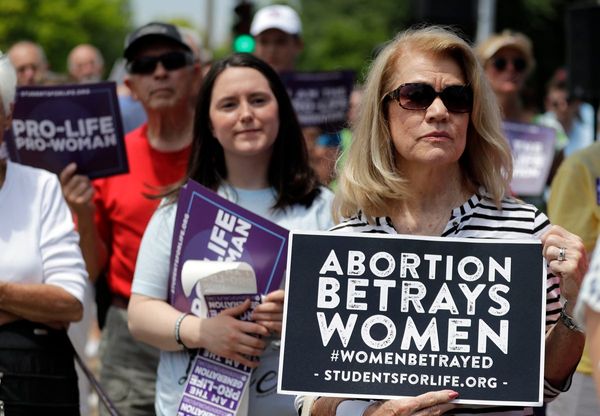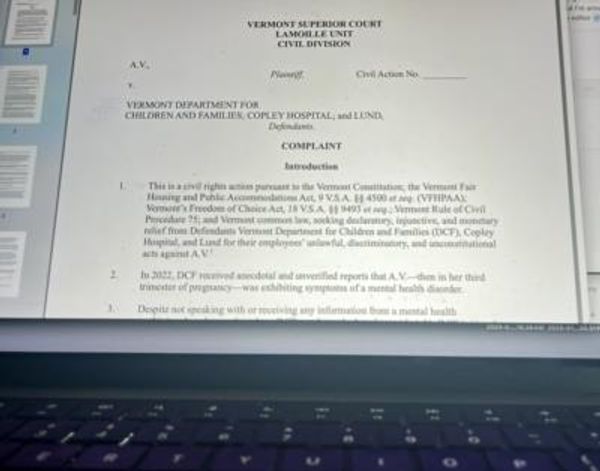
Australia isn’t the only country to have mismanaged energy policy in recent years — the United Kingdom faces its grimmest economic circumstances in decades, partly due to inaction to address its over-reliance on gas, now exposed by the global spike in energy prices.
The Bank of England’s announcement overnight of a 0.5% lift in interest rates was accompanied by the forecast of a long recession and a warning that consumer price inflation in Britain could top 13% in two months’ time. That would mean the nastiest fall in living standards for a generation or more.
The forecasts suggest Britain is now facing a much bleaker economic outlook than either the United States, Europe, Canada, NZ or Australia.
The big drivers of inflation are energy costs and gas shortages. And the UK government — currently in the midst of trying to sort out who will replace disgraced Boris Johnson — has been warned for years about the problem.
There was a similar surge in gas prices when temperatures plummeted in March 2018, which drew attention to the UK’s lack of security in gas, on which it relies heavily for domestic heating (around 80%) as well as industrial and commercial production, and electricity generation.
The gas industry had warned the government about looming problems after gas company Centrica shut down the mammoth Rough gas storage facility under the North Sea, which accounted for 70% of the UK’s gas storage capacity, rather than refurbish it in 2017. The closure “will leave the country more dependent on imports and greater volatility in prices in winter months”, the industry warned the government at the time. The 2018 shortage turned out to be just an early warning of the much worse crisis now facing the UK as the cooler months arrive.
In 2017, the May government dismissed the warnings, saying “the UK has highly diverse and flexible sources of gas supply through domestic production and extensive import capability, protecting our supply and keeping prices down”. Market forces would fix the problem, it maintained after the 2018 shortage.
Not really, as it turns out.
The Bank of England expects the UK to slide into a 15-month recession later this year, with GDP shrinking by 1.5 percentage points in 2023. Officials expect the slowdown to begin in the fourth quarter of this year, and continue until the end of 2023.
While the slump will be similar to the one in the early 1990s (at the end of the Thatcher governments), it will not, on present figuring, be as deep as the slump in the GFC in 2008-09 or in the first wave of the pandemic in 2020. But it will be lengthy. And the Bank expects inflation to now peak at an estimated annual rate of 13.3% in October — the highest in 42 years, and up from previous forecasts for a peak of 11%.
As a result real wages and household income will slump, consumer spending will fall and tax revenues will decline, pushing the Tories’ already mammoth budget deficit still higher. The Bank had previously predicted a period of stagflation, but it now sees outright recession. It has now raised rates six times since December but Thursday’s move was the biggest since 1995.
Economists say the slump in incomes would be the largest since records started in 1964 (and top the 1976 recession which saw Britain go broke and the IMF called in to provide $US4 billion in aid).
The winter of 2022-23 looms as a decidedly dour Christmas and unhappy new year for Brits — even if they don’t run out of gas.







